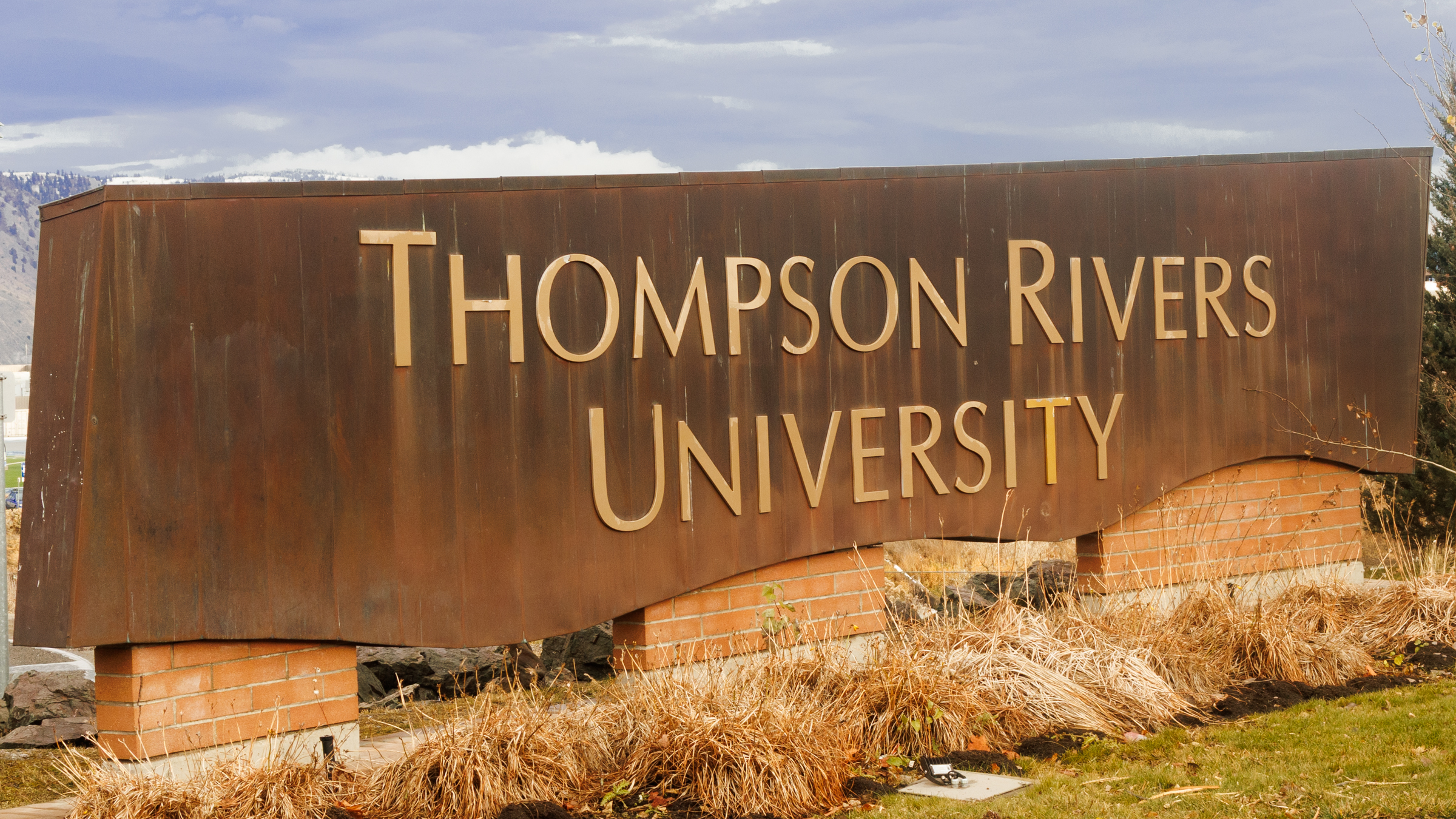As part of the lead-up to the phase-out of the Visual Arts program in 2023, the dean of the Faculty of Arts, Rick McCutcheon, argued in a memo that the Bachelor of Fine Arts (BFA) program, Visual Arts Minor, and Studio Certificate should be removed due to the drop in enrollment, inequitable workload burdens, unsustainable physical footprint and facilities costs. Simultaneously, McCutcheon suggested retaining the Visual Arts diploma.
On Jan. 29, 2024, TRU’s Board of Governors voted to phase out the visual arts program over three years. The announcement left some students and faculty members with feelings of uncertainty and frustration.
According to InsideTRU, TRU’s decision was based on low enrolment, high costs, and overuse and reallocation of campus space. Specifically, the decision affected the BFA (Visual Arts major), the Bachelor of Arts (Visual Arts minor), the Diploma in Visual Arts, and the Visual Arts Studio certificate. Former Provost and Vice President Academic, Gillian Balfour, echoed that view, noting that the decision was driven by “strategic planning and resource allocation.”
Although select visual arts classes will still be offered, the plan to close the degree and diploma programs has raised concerns about the future of the arts department. Enrolled students were told they would have the opportunity to complete their studies before the closure is finalized.
The decision drew mixed reactions from both students and faculty. According to Castanet, dozens of students, faculty, and community members gathered outside TRU to protest the decision, arguing that the program was vital for arts students and enriches both campus life and the Kamloops community.
This process has been ongoing for nearly two years. For some students, the closure has been more than a policy change; it has affected their academic plans.
“We weren’t getting straight, clear answers from the university,” Bryanna Lynn said. “The BFA is the best option for me because it is the only program at TRU specifically for visual arts, and there aren’t many alternatives I can access without moving. It is very disappointing.”
Lynn, who has neurodevelopmental disability, said the closure makes it even harder for students who can only take a few courses at a time to graduate.
Another student, Brianna Nutt, who has been working part-time while pursuing her Fine Arts diploma, says inconsistent advising has derailed her path. At one point, a counsellor even suggested she transfer into a communications program, only for her to later discover that the program “was never implemented.”
With no clear alternatives, Nutt remains unsure about what comes next. “I don’t want all this effort to be for nothing. There is no plan B for me,” Nutt said. She cannot afford to relocate to Vancouver or Victoria to finish an art degree, nor can she quit her job to take a full five-course load.
For alumni like Charlie “Napcolors” Napoleon, the closure of the Visual Arts program is not just about numbers, but about what it means for the breadth of education at TRU.
“I think because TRU is a university, they are supposed to cover all sorts of programs and take in a variety of disciplines,” Napoleon said. “To take out art — especially visual arts — lessens the diversity of courses. Studying visual arts gives you a whole perspective of study.”
Some faculty also voiced concerns about the closure. Associate professor Donald Lawrence, who has taught at TRU since 1989, said he regards the decision as a “significant loss to TRU and the local community.”
Lawrence told The Omega about how students benefited from community-engaged research. In 2000, TRU received a national research grant to study culture in small cities, and visual arts played a central role.
“We attracted significant research funding and students worked with community groups to tell their stories,” Lawrence said, noting that projects included partnerships with Kamloops’ Japanese community and others.
Some faculty concerns were also put forward formally on Jan.16, 2024, in a submission to the Board of Governors. Signed by professors Lawrence, Darlene Kalynka, Alan Brandoli, Twyla Exner and studio technician Lea Bucknell, the letter called for the “continuation and renewal” of the BFA.
The faculty letter also raised governance concerns. It noted that an external program review mandated by TRU policy was cancelled, and that the Arts Faculty council had not approved the academic plan presented to the Board as evidence of support.
“We believe that this sets a dangerous precedent for collegial governance at TRU,” the letter states.
According to a petition filed with the B.C. Supreme Court on June 4, 2024, the Thompson Rivers University Faculty Association (TRUFA) alleges that TRU breached section 10(b) of the TRU Act when it suspended enrolment in the Visual Arts program. TRUFA argued to overturn both the March 2023 suspension of enrolments and the Board’s Jan. 29, 2024 decision to discontinue four Visual Arts programs.
After a two-day hearing in April 2025, Justice Maria Morellato reserved her decision, which has yet to be released.
In response to a request for comment from The Omega, TRU said it is not in a position to comment until the outcome of the judicial review is known.
Uncertainty remains as TRU, faculty and students await the court’s ruling, a decision that could shape the future of both the university’s programs and the wider Kamloops arts community.

